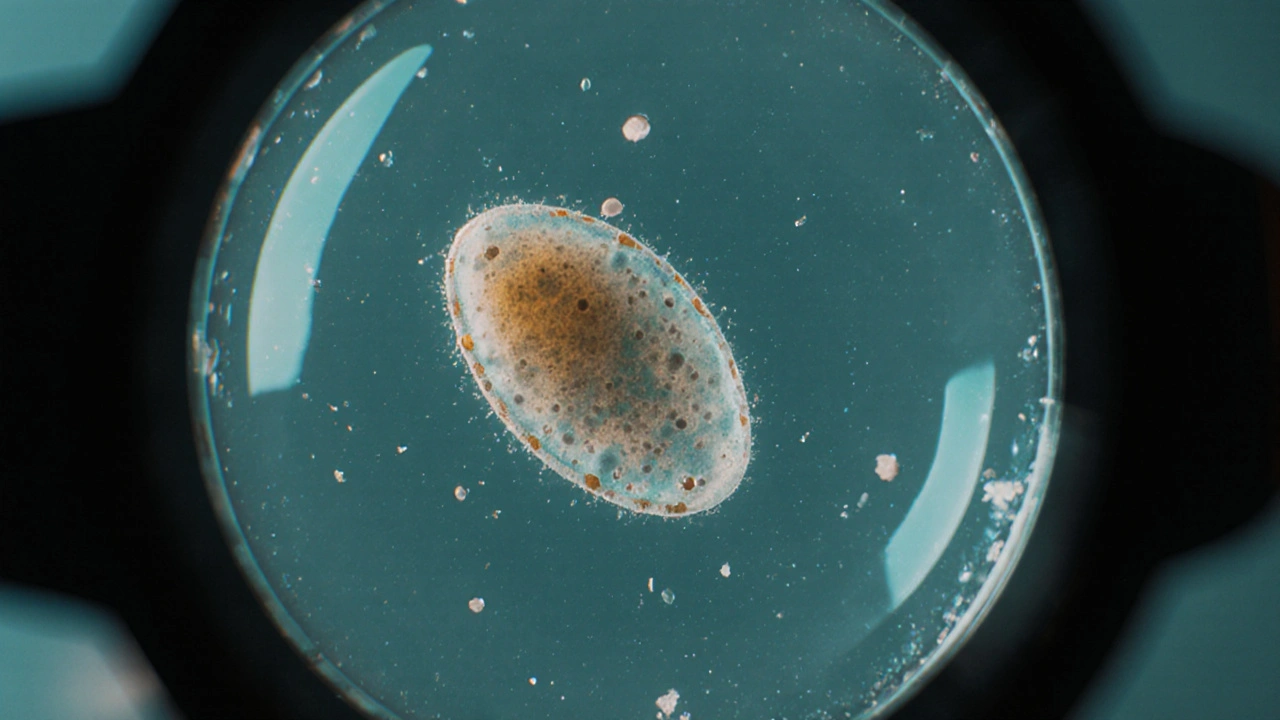Travel Diarrhea: What You Need to Know
When dealing with travel diarrhea, the sudden urge to run to the bathroom while abroad, usually caused by contaminated food or water, it’s easy to feel stuck between enjoying a trip and worrying about health. Also called "traveler's diarrhea," this condition affects millions of tourists each year and can turn a dream vacation into a nightmare. Understanding the root causes, how to stay safe, and which medicines actually work can keep you on the road without missing out on experiences.
One of the biggest players behind travel diarrhea is foodborne pathogens, bacteria like Escherichia coli, Salmonella, and Shigella that thrive in undercooked meals or unsafe water. These microbes trigger the gut’s inflammatory response, leading to cramps, urgency, and dehydration. The condition requires rapid fluid replacement, which is where oral rehydration salts, a precise mix of water, electrolytes, and glucose designed to restore hydration faster than plain water come in. While rehydration stops the immediate danger, many travelers wonder if antibiotics or probiotics can speed up recovery. Antibiotics for traveler's diarrhea, such as azithromycin or ciprofloxacin, target the bacterial culprits and are recommended for severe cases. Meanwhile, probiotics, live beneficial bacteria that help rebalance gut flora after an infection may reduce the duration of mild symptoms, although they’re not a substitute for rehydration or antibiotics when needed.
Practical Steps Before and During Your Trip
Planning ahead can cut the risk dramatically. First, choose bottled or boiled water, avoid ice, and eat foods that are fully cooked and served hot. Hand hygiene is a simple yet powerful tool—carry a small bottle of alcohol‑based sanitizer and wash hands before meals. If you know you’ll be heading to high‑risk regions, discuss a standby antibiotic regimen, a short course prescribed by your doctor to use if symptoms become severe with a healthcare professional. Pack a few packets of oral rehydration salts and a probiotic supplement, especially if you have a history of gut issues. Remember, the goal is to stay hydrated, manage symptoms early, and only use antibiotics when the situation calls for it.
Below you’ll find a curated collection of articles that dive deeper into each of these topics. From step‑by‑step guides on buying affordable antibiotics online, to the latest research on probiotic strains that help after a bout of travel diarrhea, the list gives you actionable info you can apply right away. Browse the posts to see real‑world tips, price comparisons, and safety checks that keep your travel health on track without breaking the bank.
Cut through the hype surrounding amebiasis. Learn the real cause, symptoms, treatment, and debunk five common myths that confuse travelers and locals alike.

